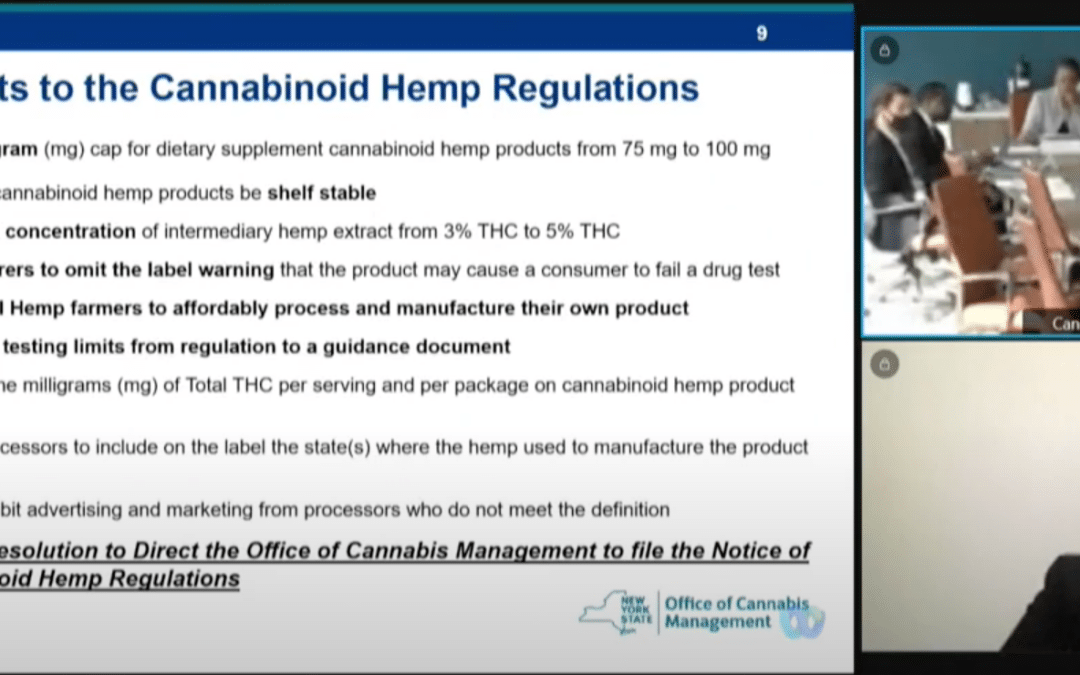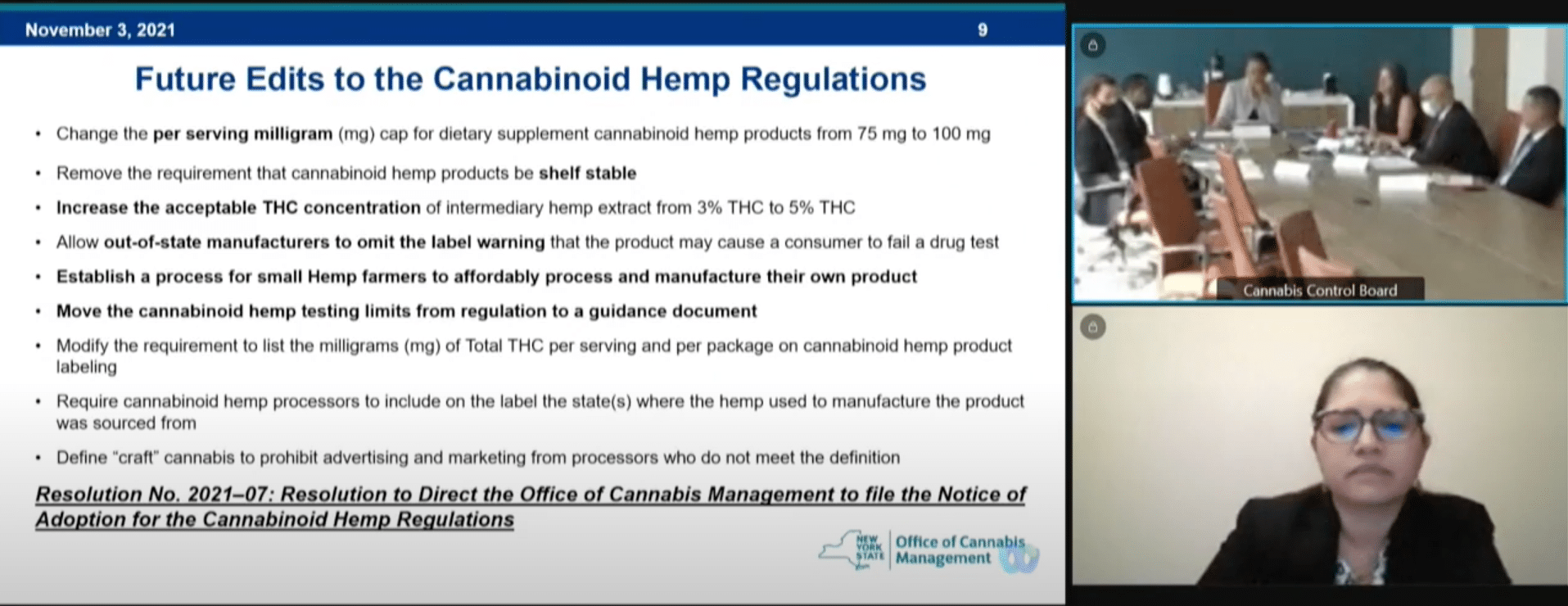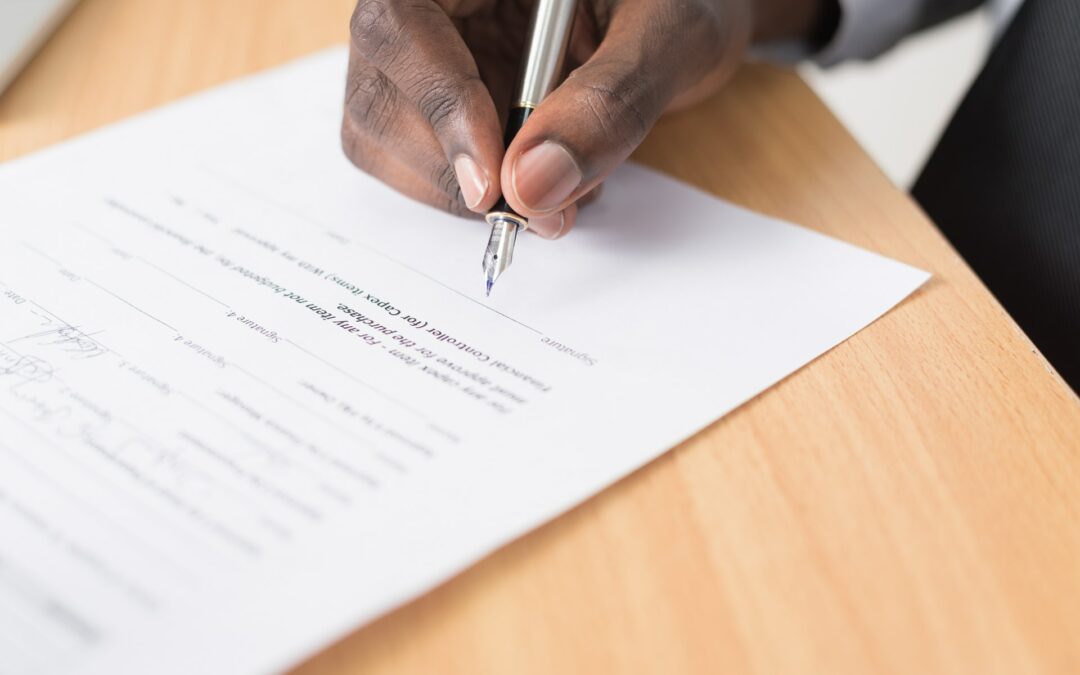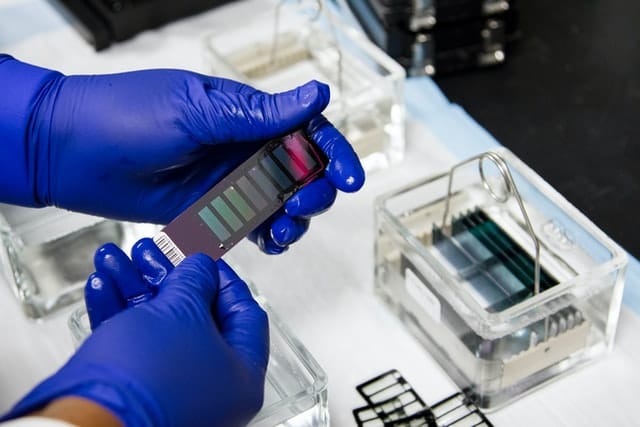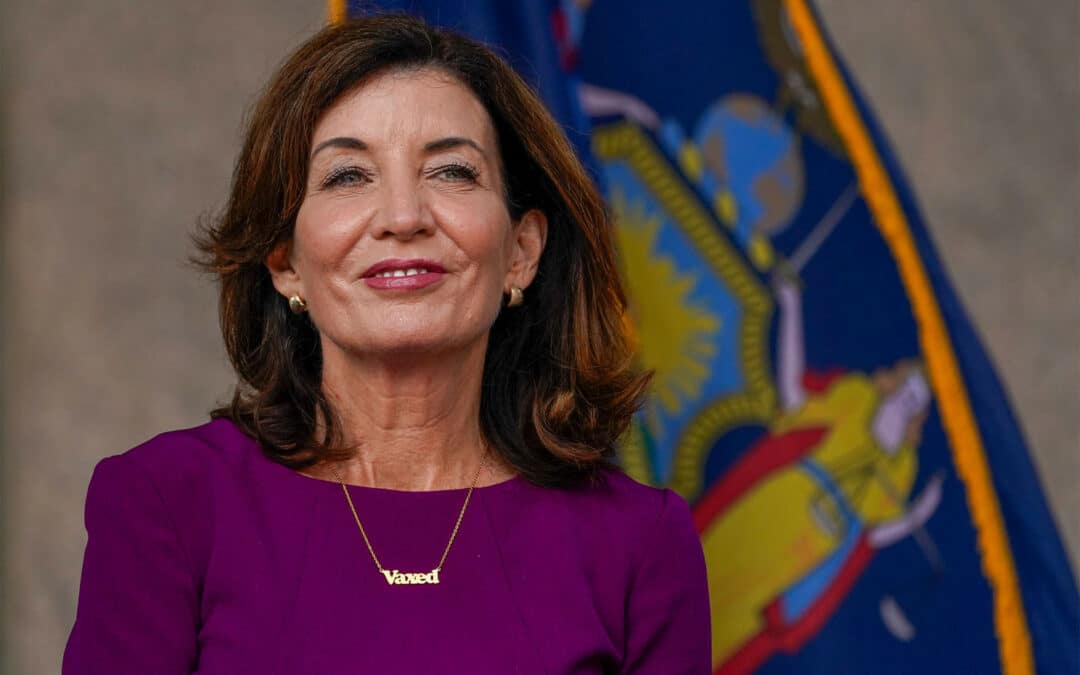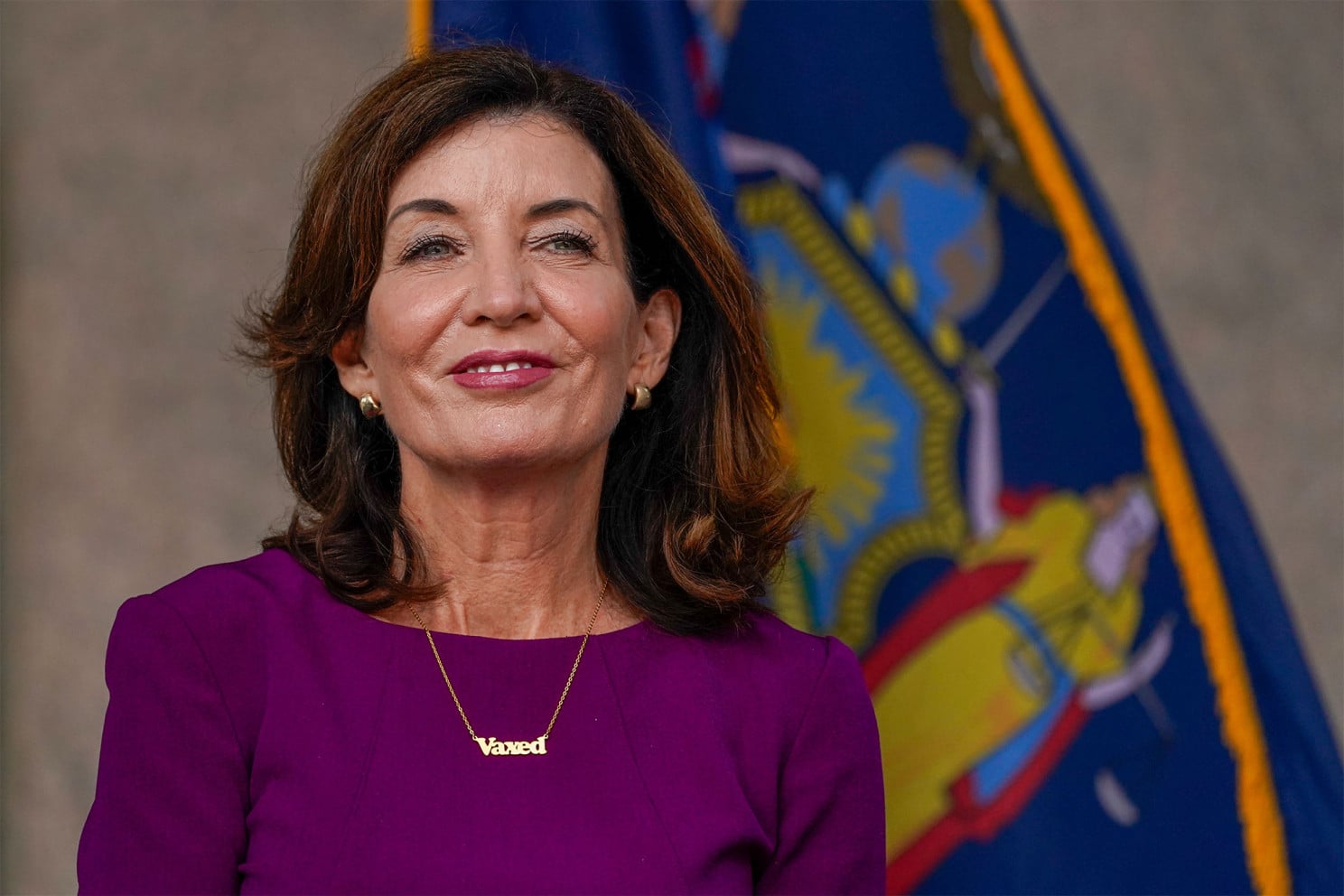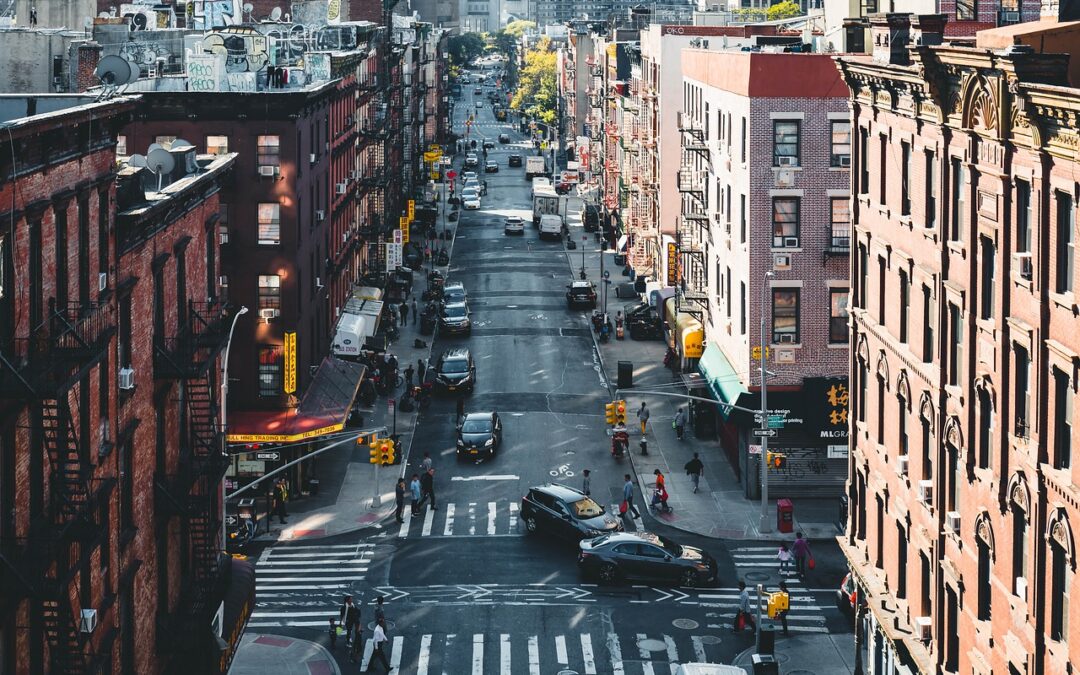
Over 100 towns and villages opt out of New York recreational cannabis
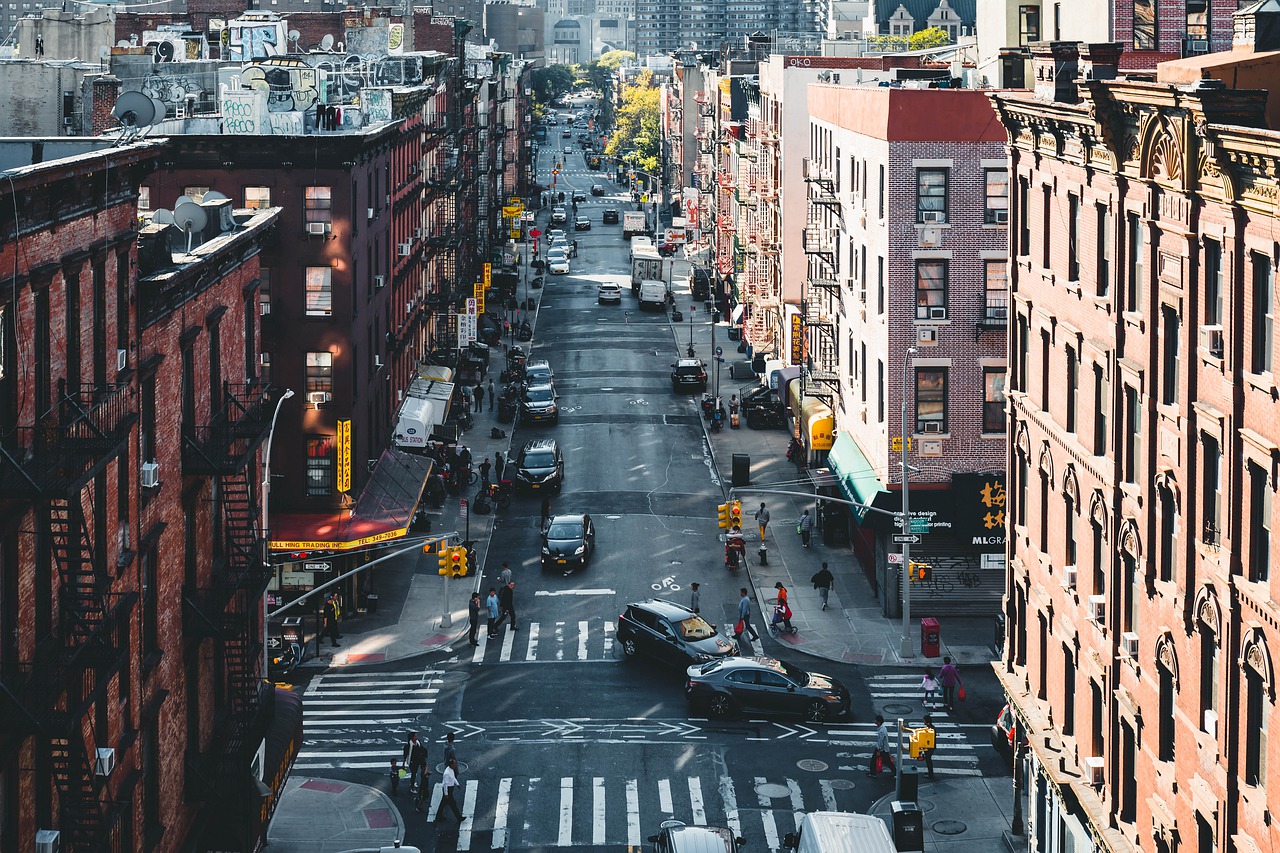
As the pieces begin falling into place to allow the New York recreational cannabis industry to begin operations, some local towns and villages are saying no to legal weed.
New data provided by the Associations of Towns of New York State indicates that around 9% of communities have opted out of the zoning portion of recreational marijuana legalization. How many towns is that? Across the state there are 84 of them that have opted out of both retail sale of marijuana and on-site consumption of cannabis.
The same can be said for villages. Around 9%, or 46 villages in New York have opted out of the law, leaving potentially millions in revenue on the table as New York recreational cannabis expands across the state.
For towns and villages that opt out of the New York recreational cannabis program, businesses will not be able to open if they sell or allow patrons to consume cannabis in their establishments.
There is still time for towns and villages opt out, however it does not look like the majority feel the same as the hundred or so that have already. “At this point, it appears there is not a major wave of opt-outs sweeping across the state,” Chris Anderson, research director for the Association of Towns recently said.
“We expect to see some more activity, but it’s certainly pretty late in the game. We have a good indication now it will be a low opt-out percentage statewide.”
There are hundreds of towns and villages across New York state, with the 120+ that have opted out making up a very small minority. It is likely that these towns and villages will see their surrounding communities generate revenue from recreational business while they miss out.
The towns and villages that have opted out will still have the opportunity to opt in once the New York recreational cannabis industry takes off. However the window for more to opt out is closing as the state gets closer to implementing a legal industry.

